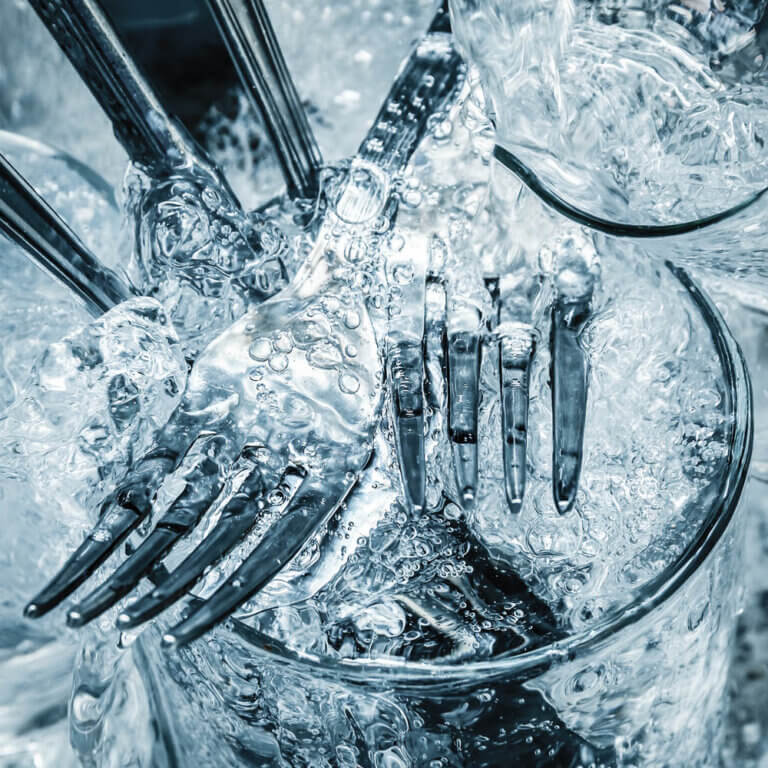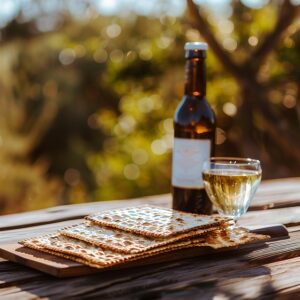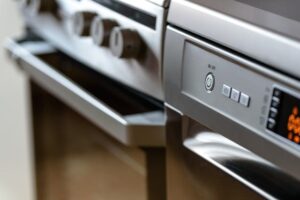One who purchases a utensil from a non-Jew that is designated for food use must immerse it in a mikveh, similar to the immersion required for converts. This is because the utensil is considered to have transitioned from the impurity of the nations to the sanctity of Israel. If there is concern that the utensil is not new and may have been used to prepare forbidden foods, it must first be kashered (purged) through hagalah (boiling hot water), to remove any non-kosher residue, and only then may it be immersed.
Some authorities maintain that this immersion is a Torah obligation, based on the verse (Pentateuch 31:23): “אך במי נידה יתחטא”. The Sages interpreted this as referring to water in which a niddah immerses, meaning a kosher mikveh. Others hold that the requirement is rabbinic, and that the verse is only a supportive reference (an asmachta). In any case, the Sages obligated immersion only for utensils used with food, since human life depends on proper nourishment.
They further obligated only metal and glass utensils, as these are the most commonly used materials for food preparation and consumption.
When immersing metal or glass utensils, one recites the blessing:
. . . אשר קידשנו במצוותיו וציוונו על טבילת כלים”, For earthenware utensils coated with glass, the common custom is to immerse them without a blessing.
Nachman Harris. Kosher Expert.
Available for any of your questions






